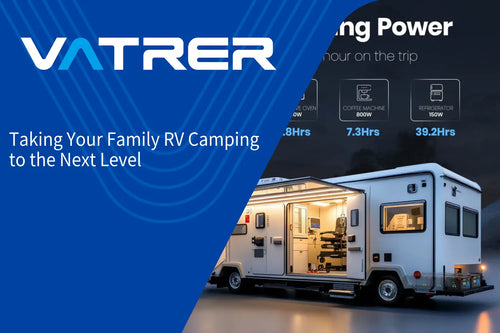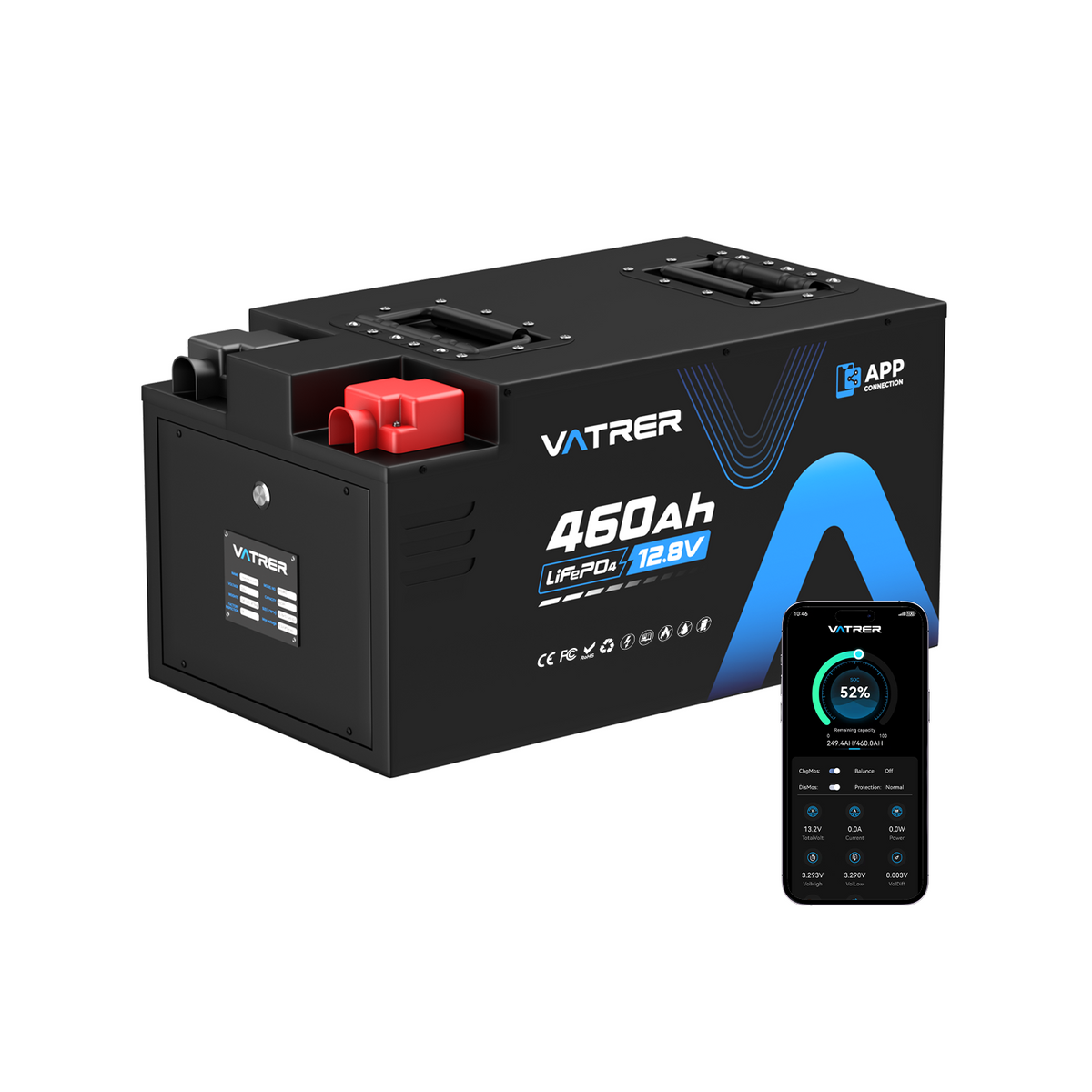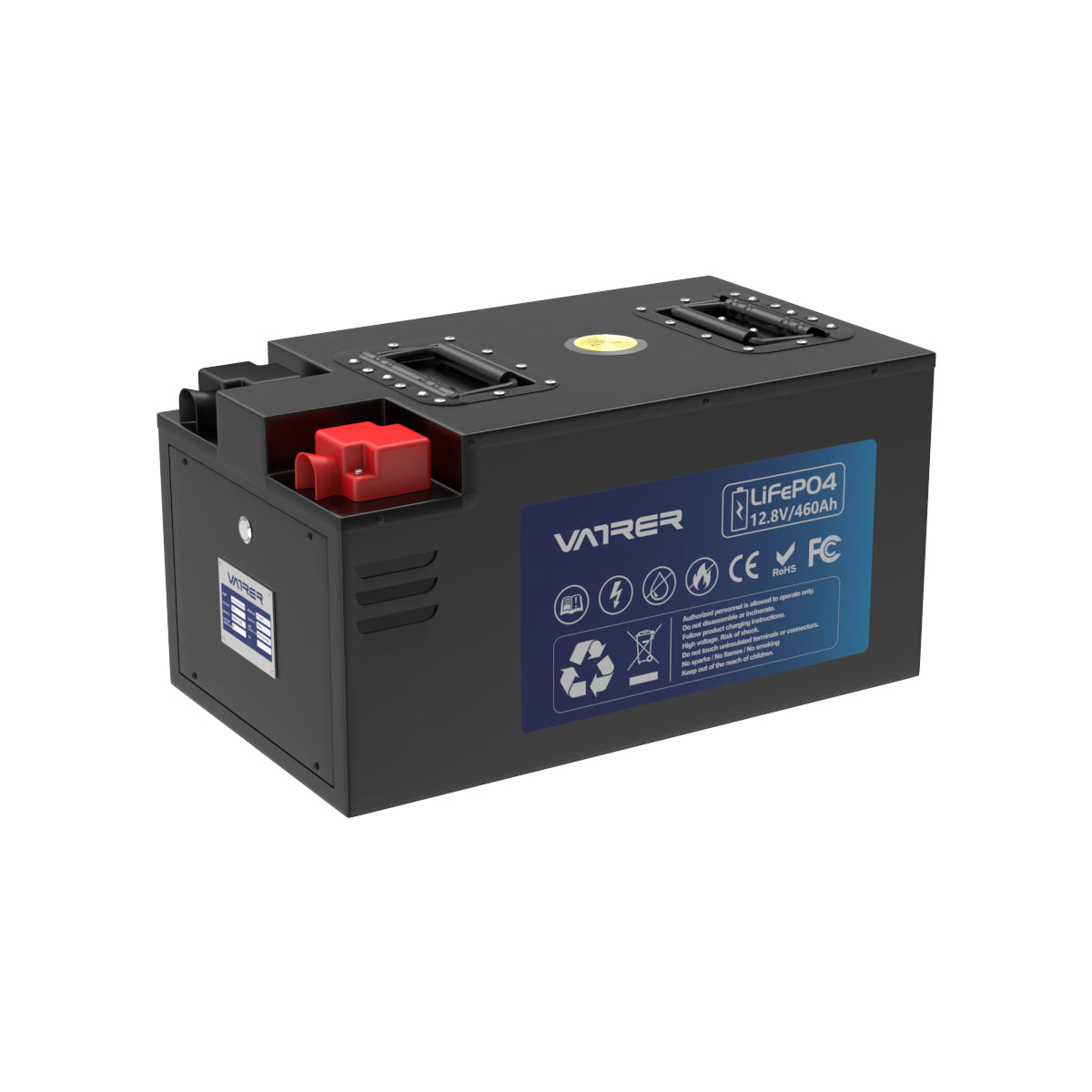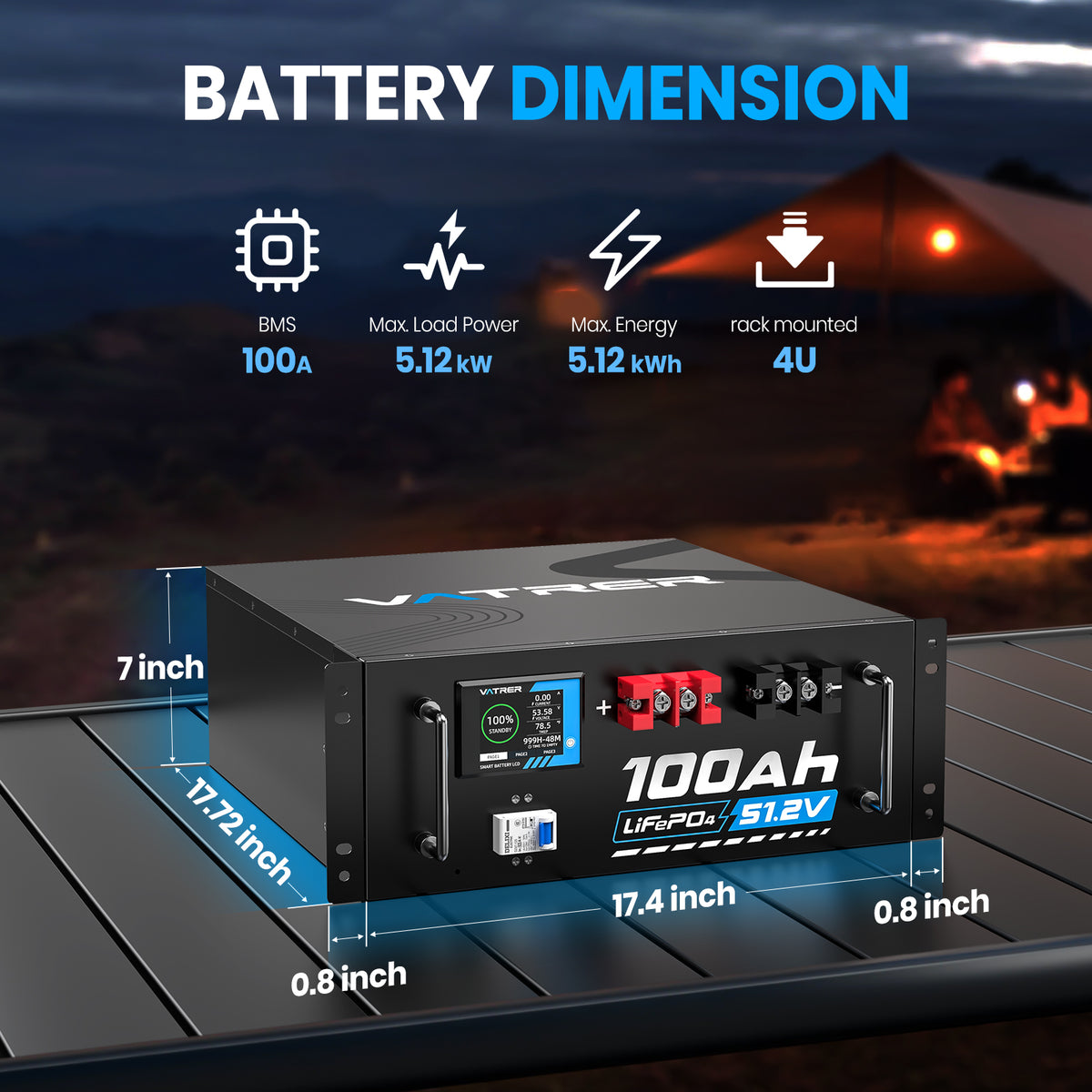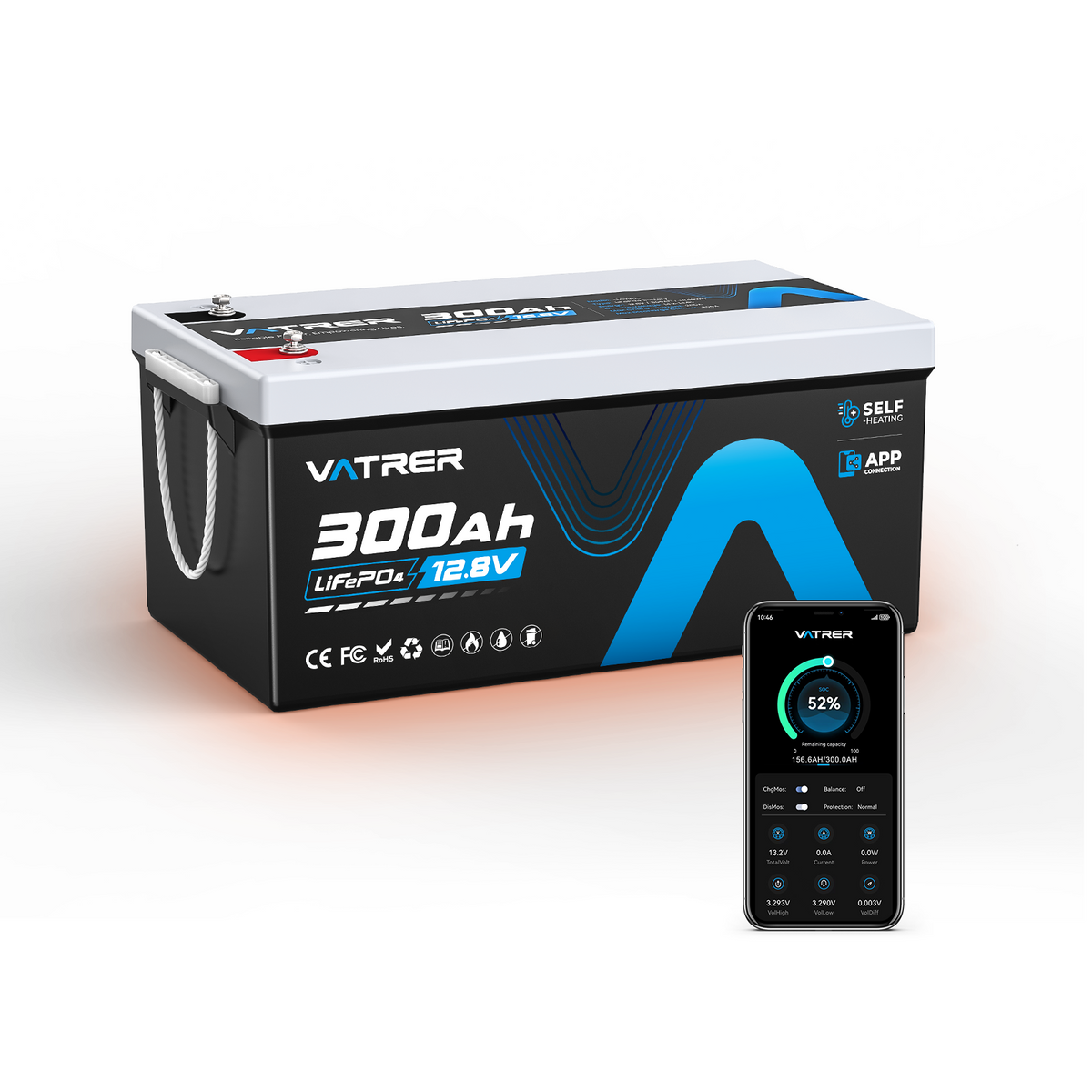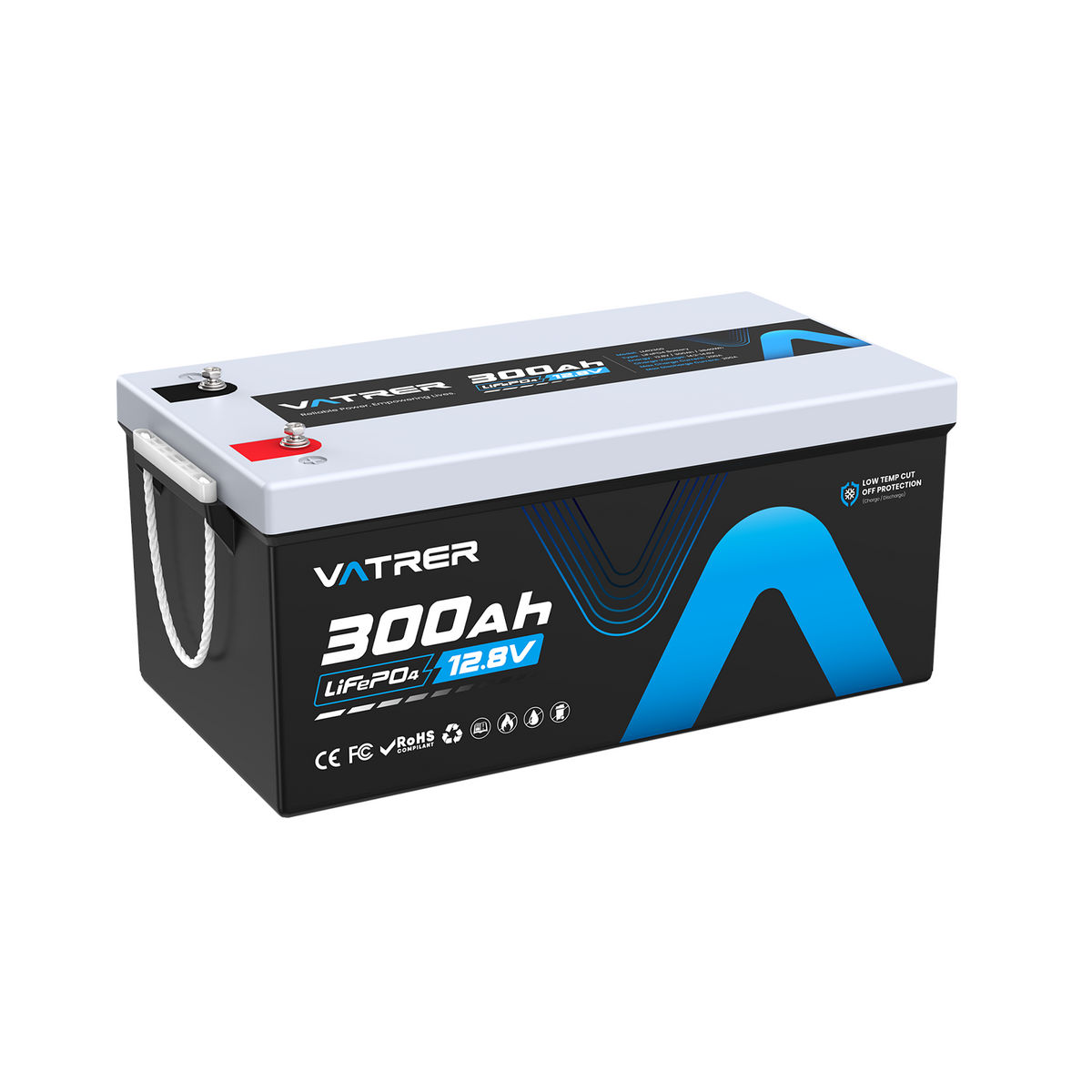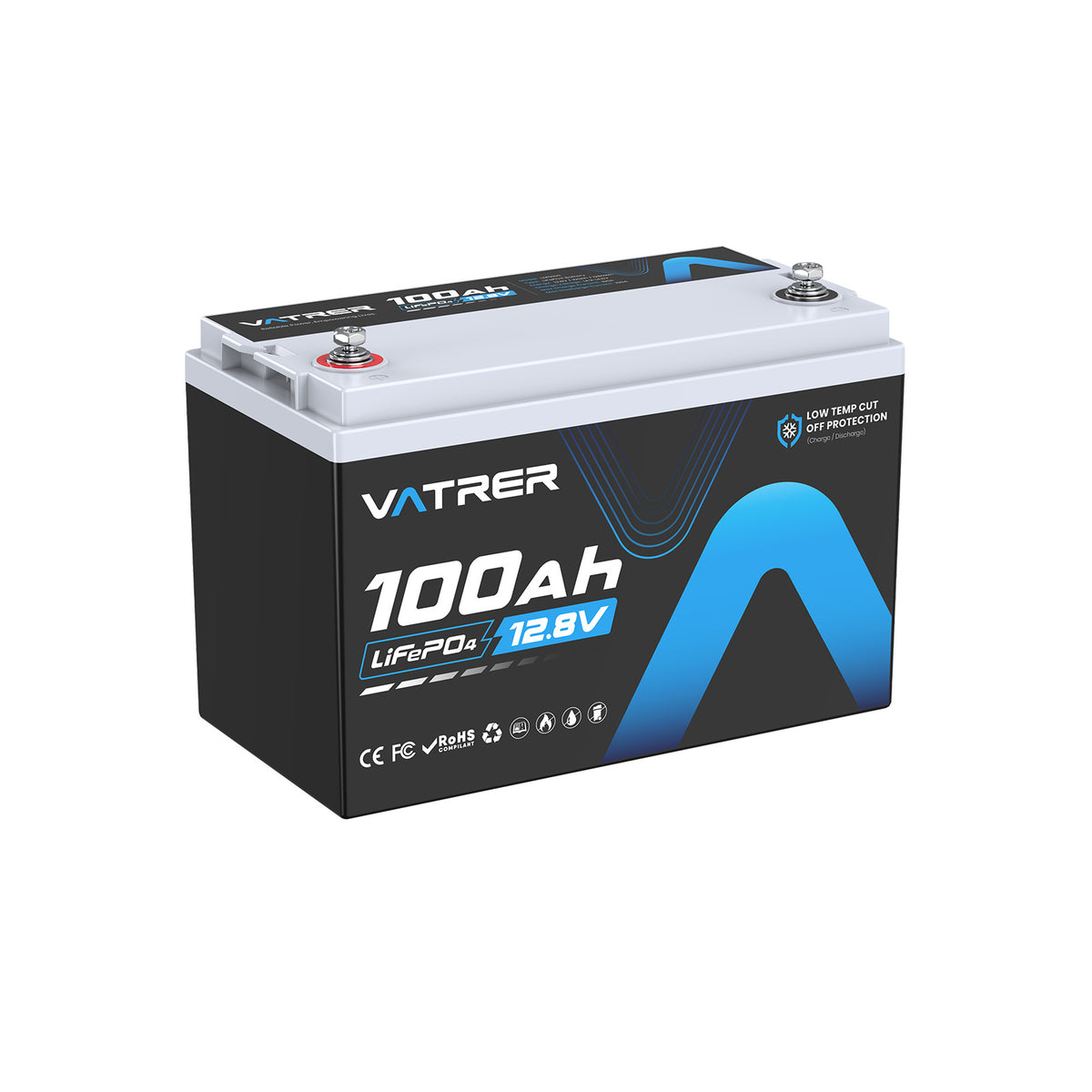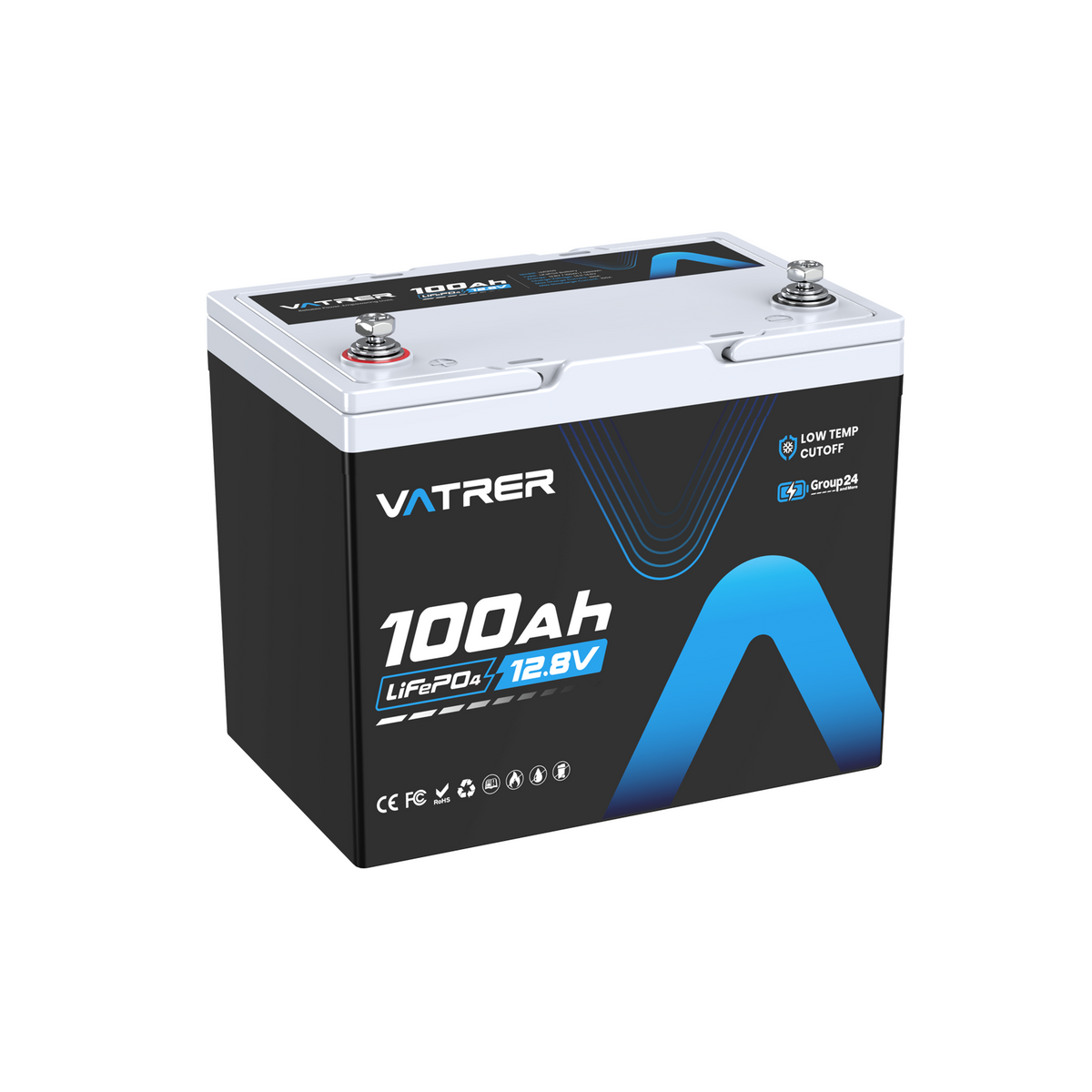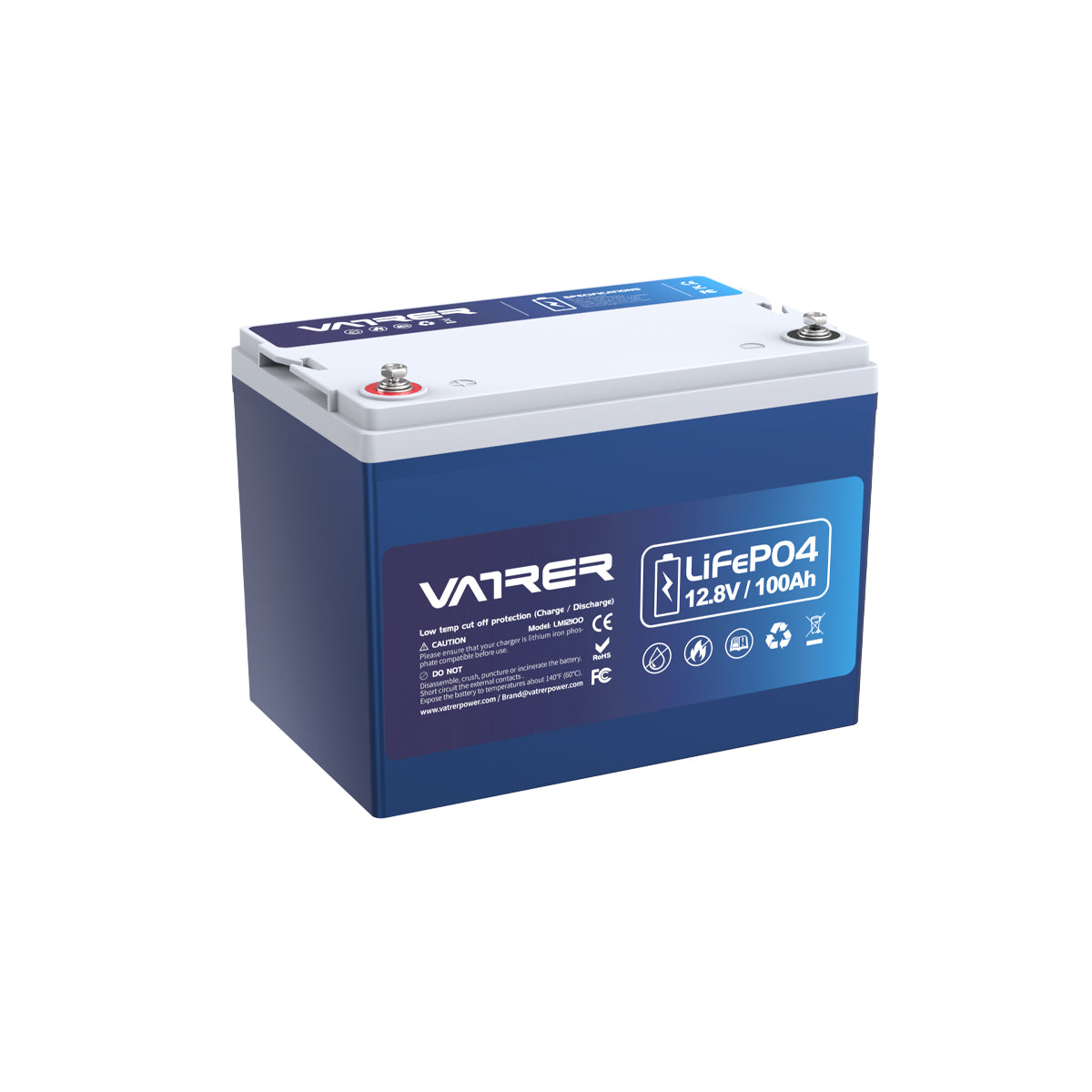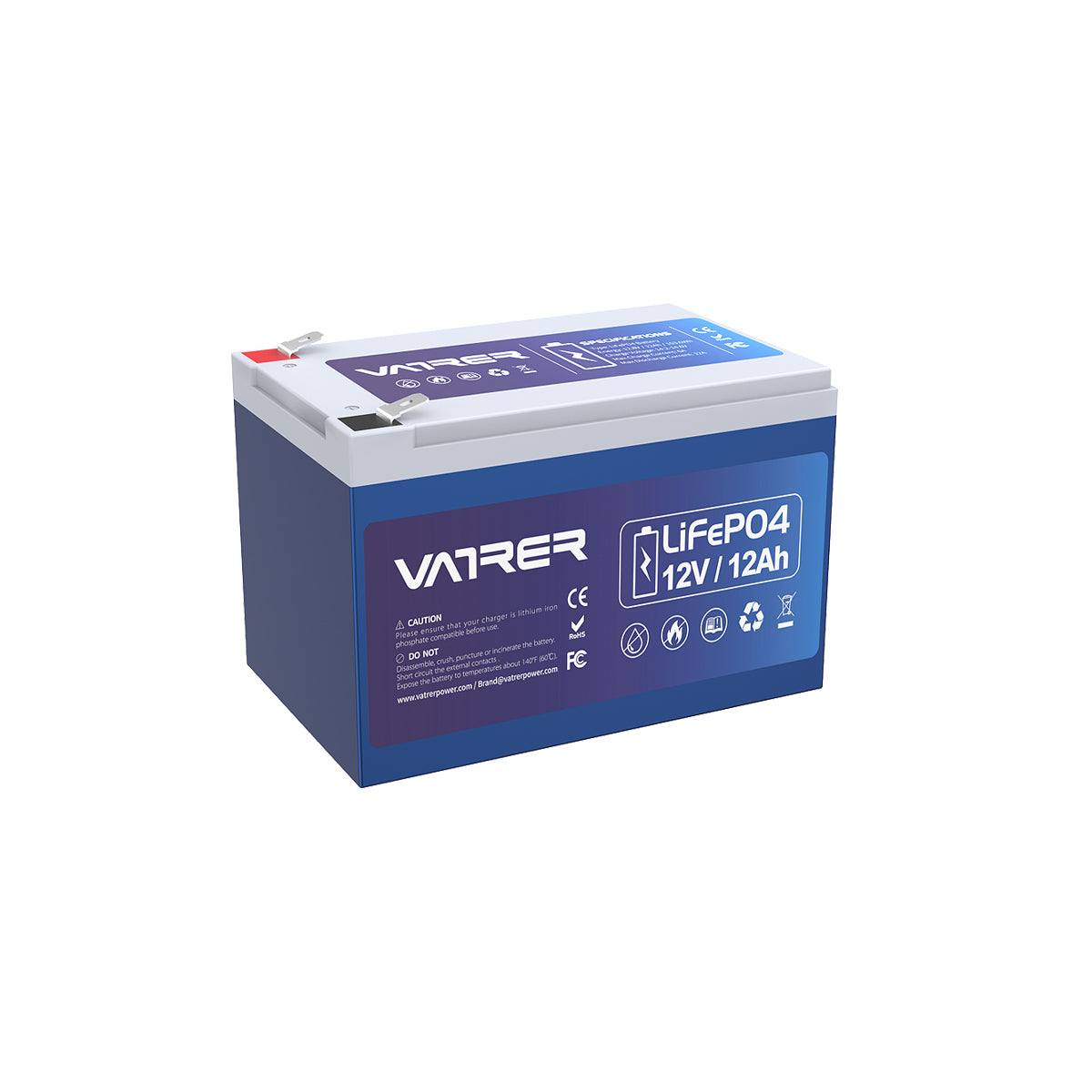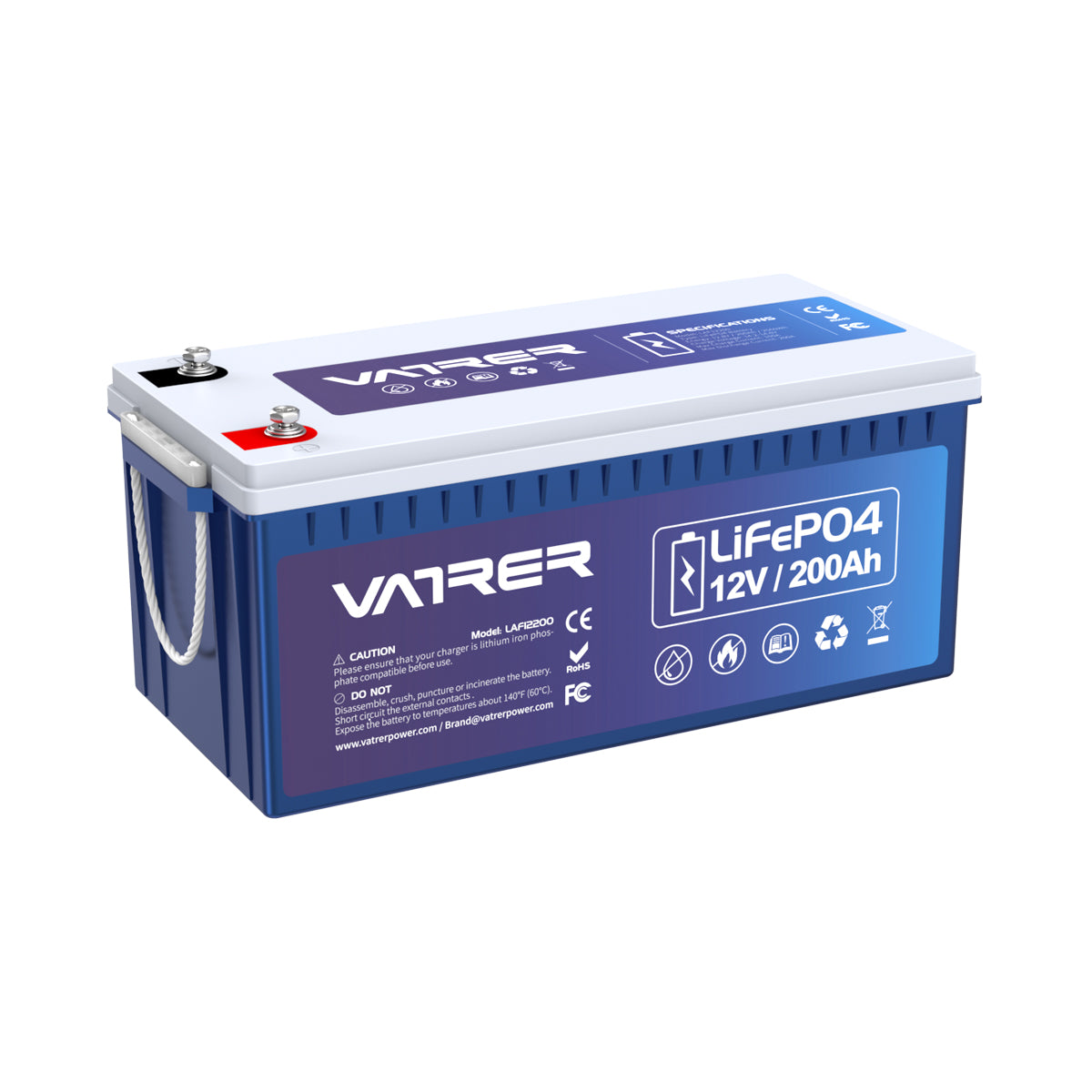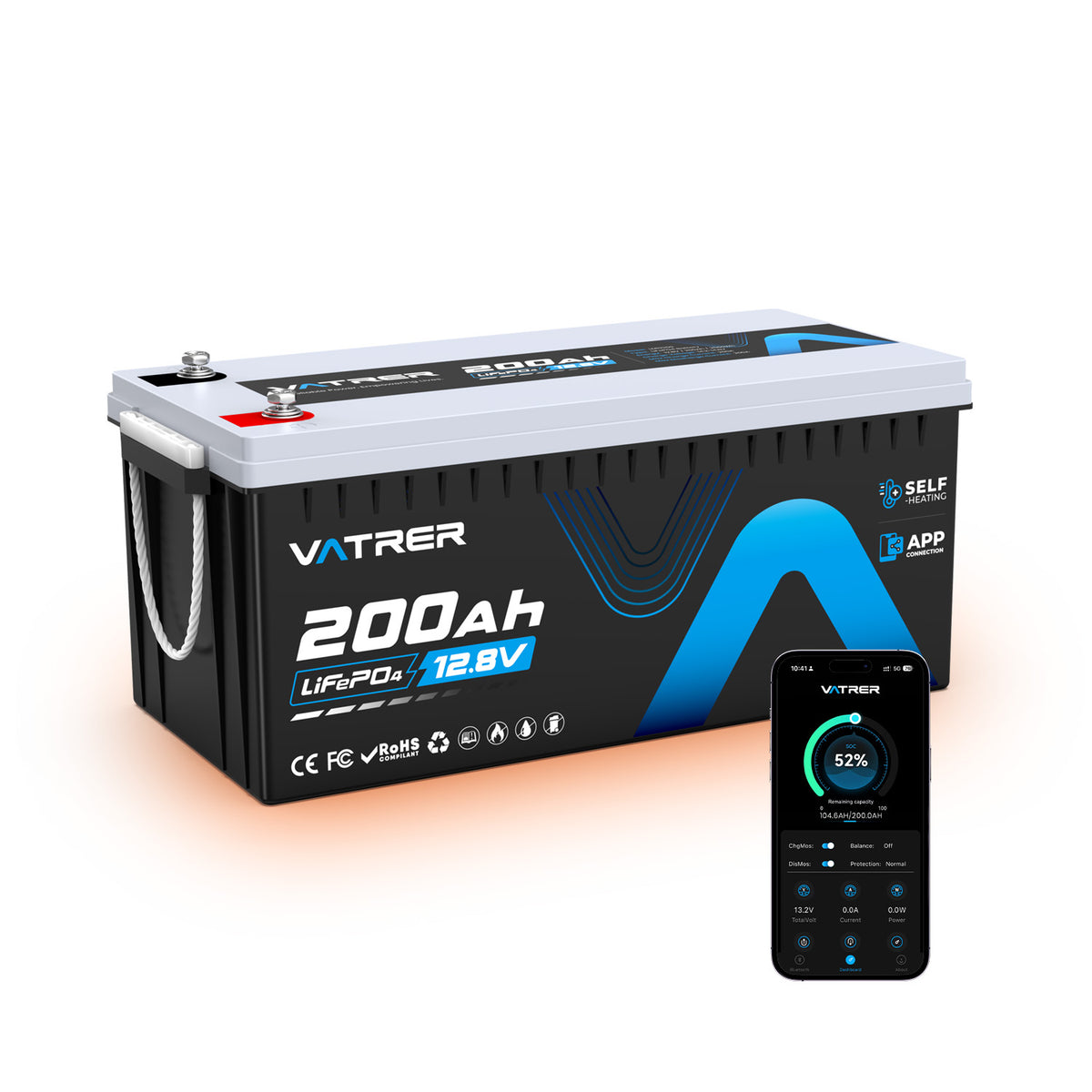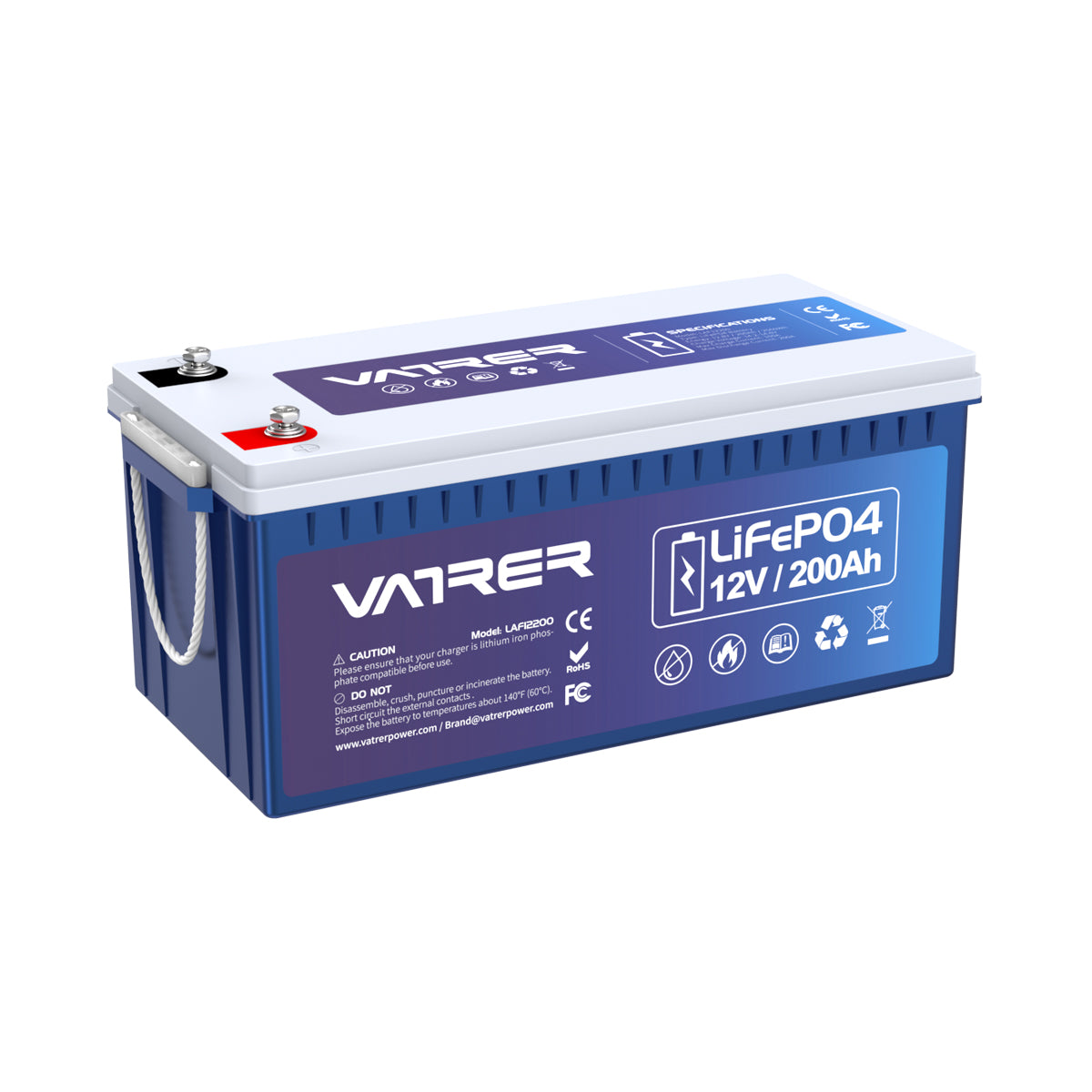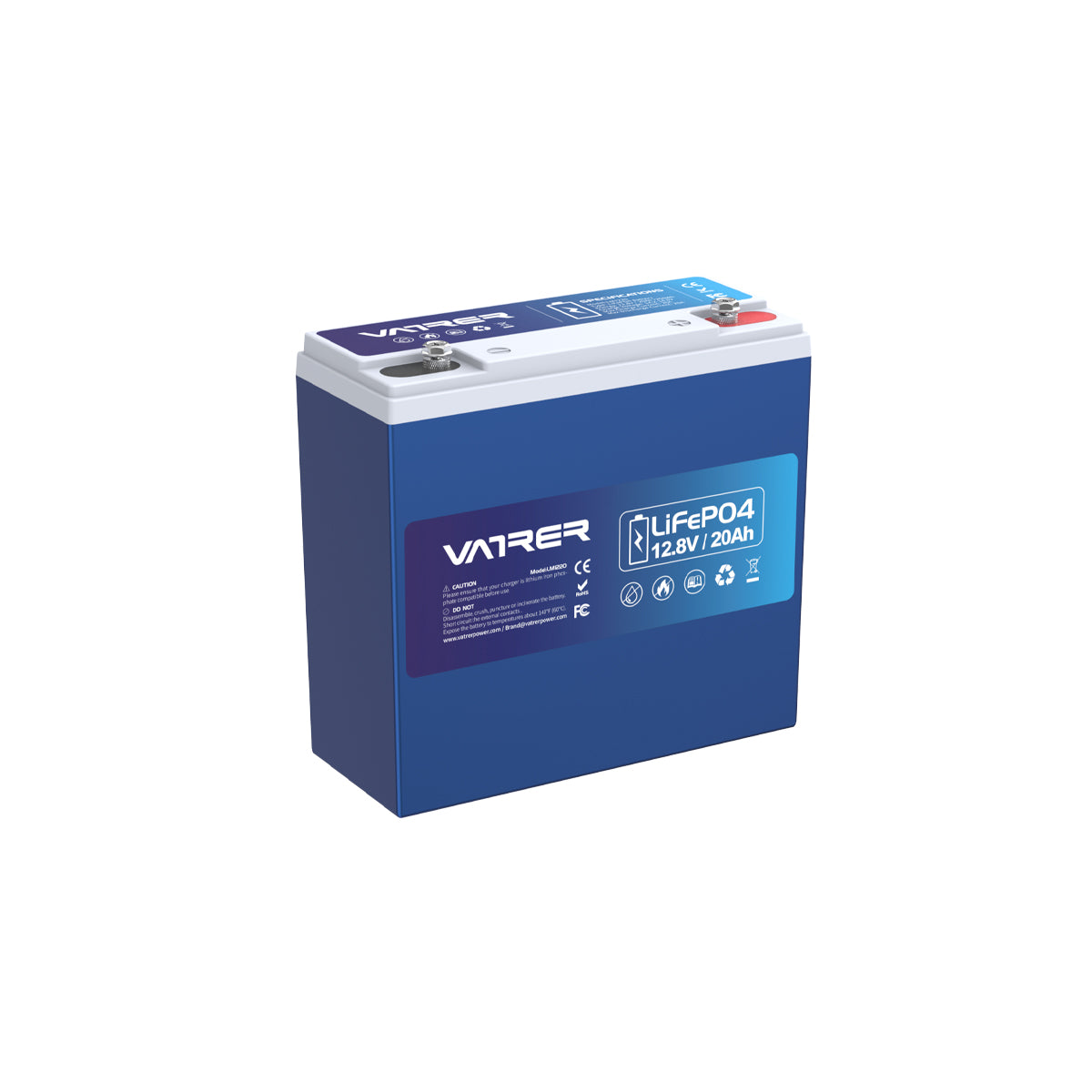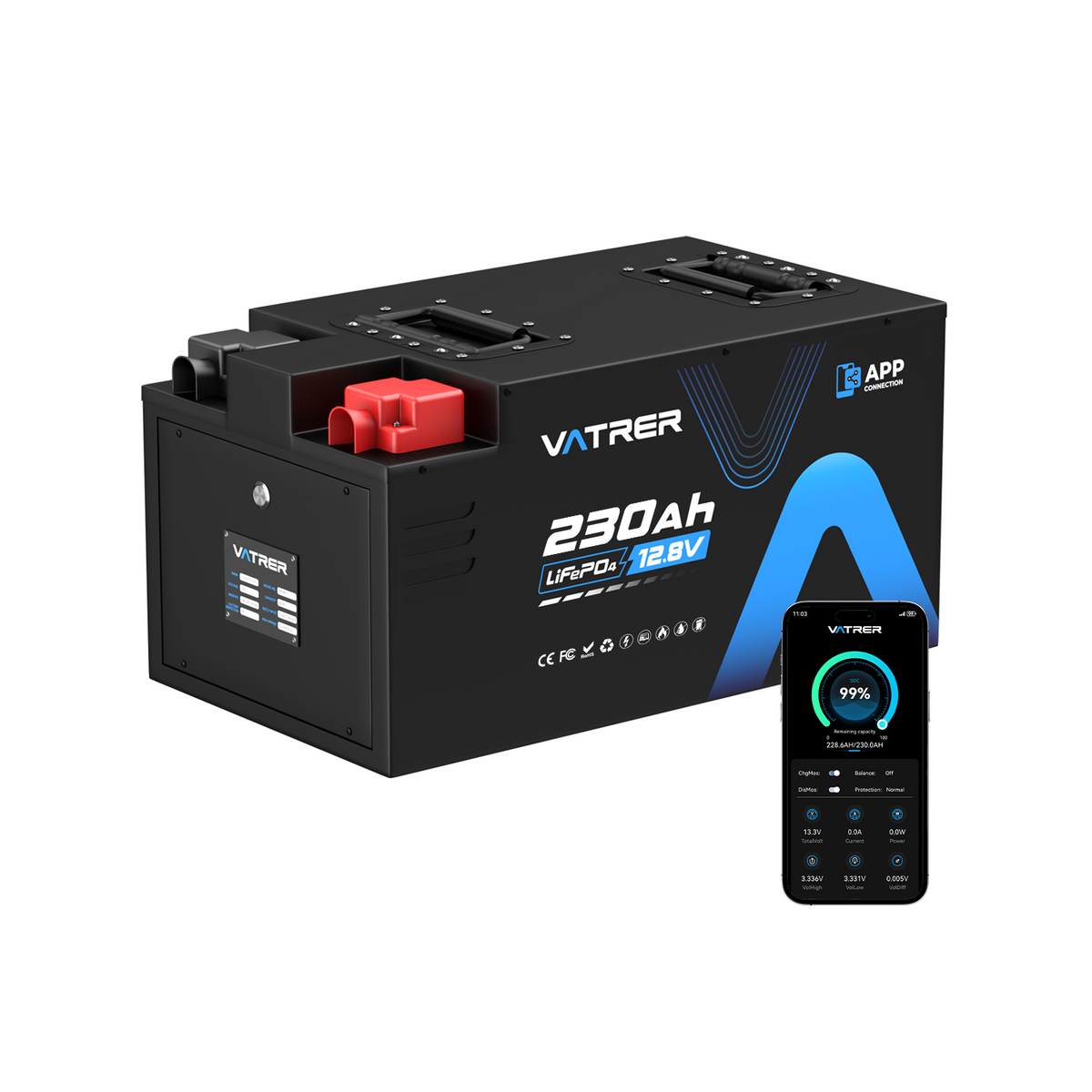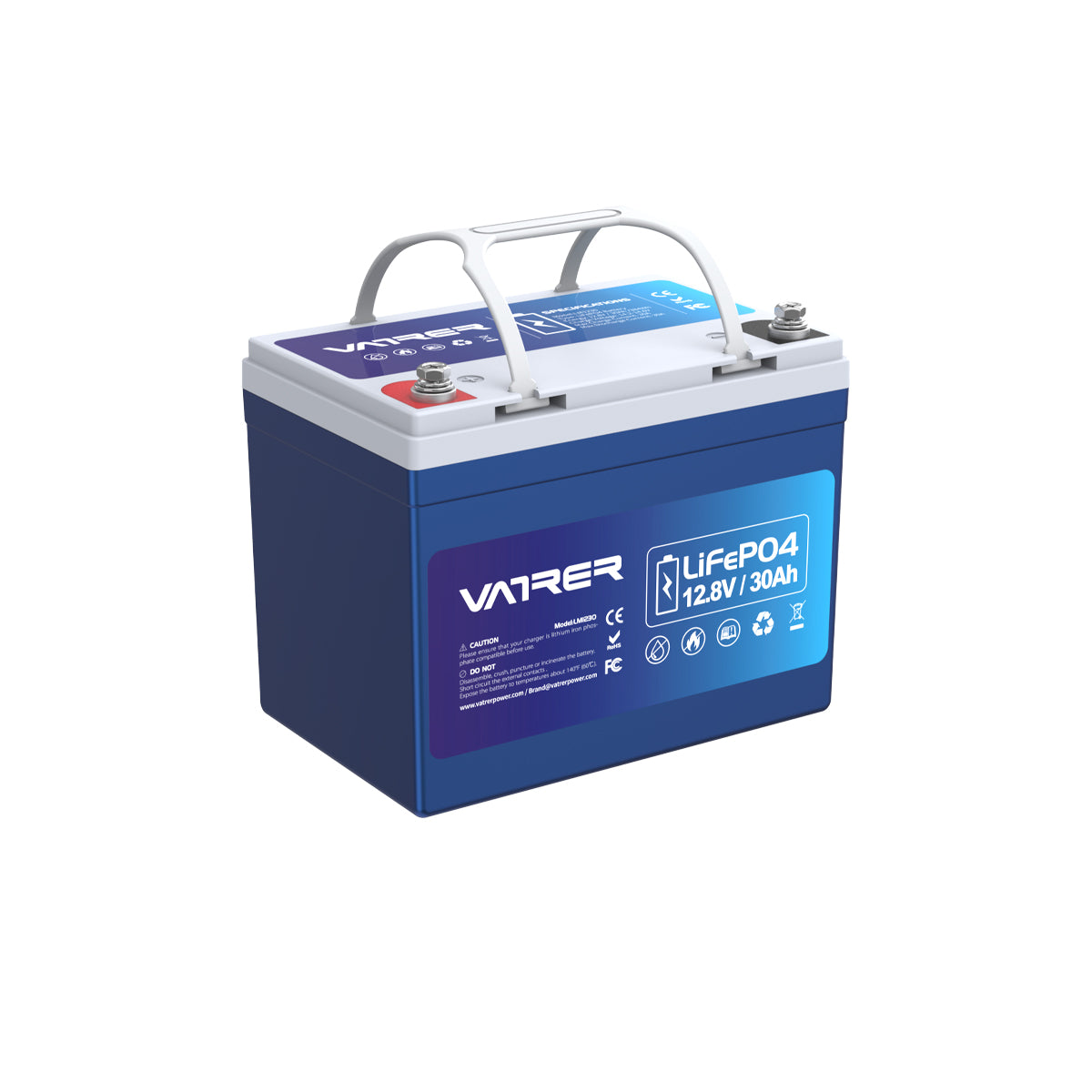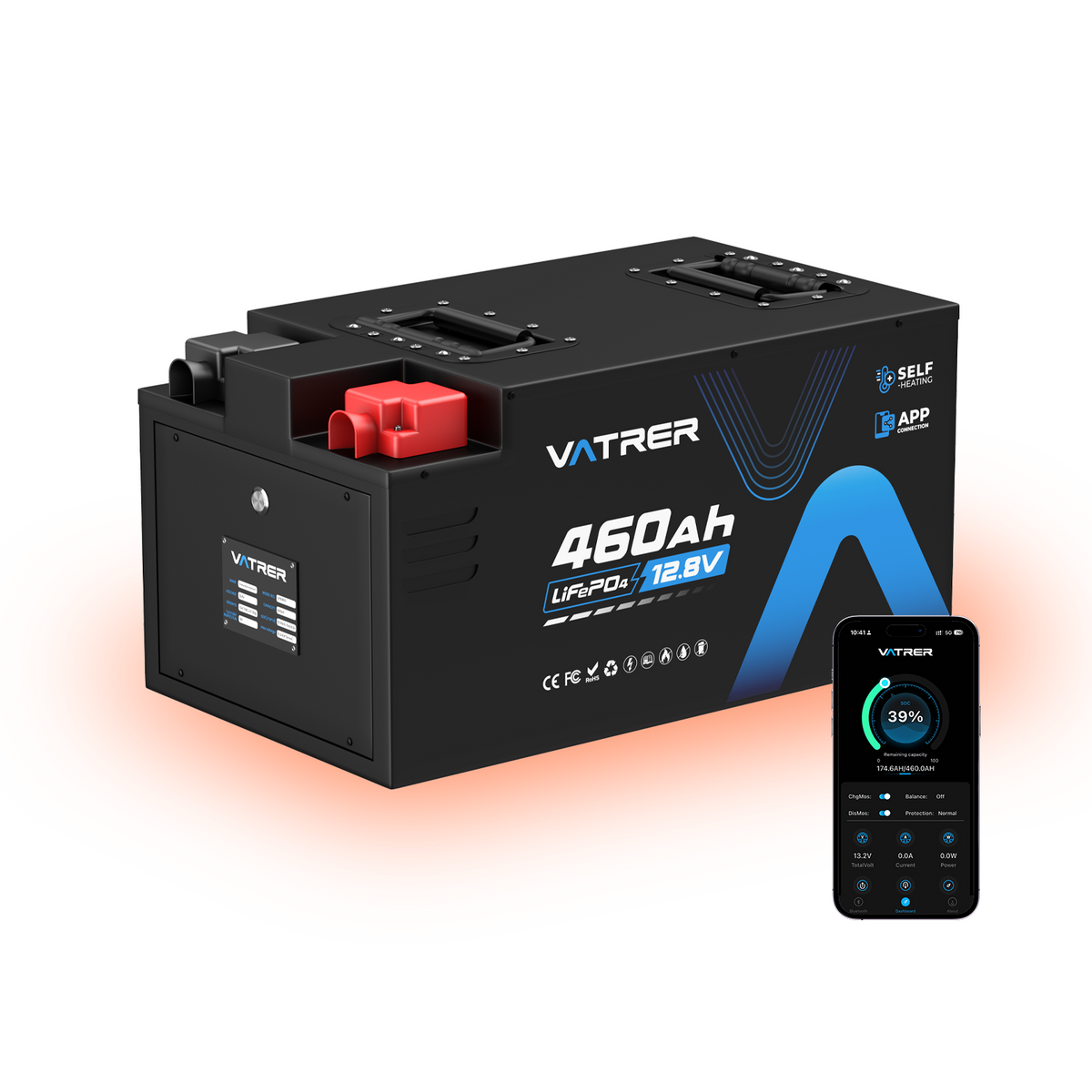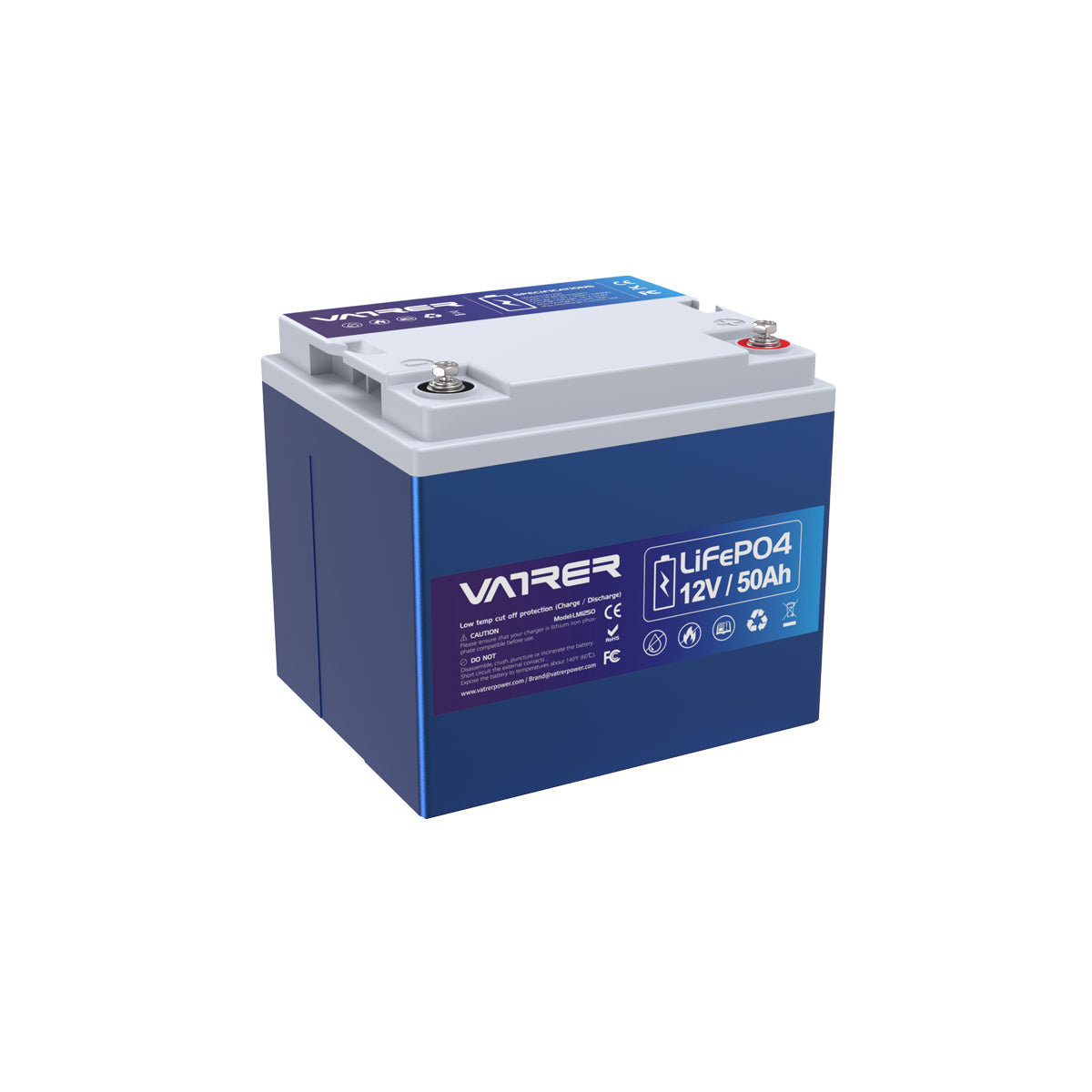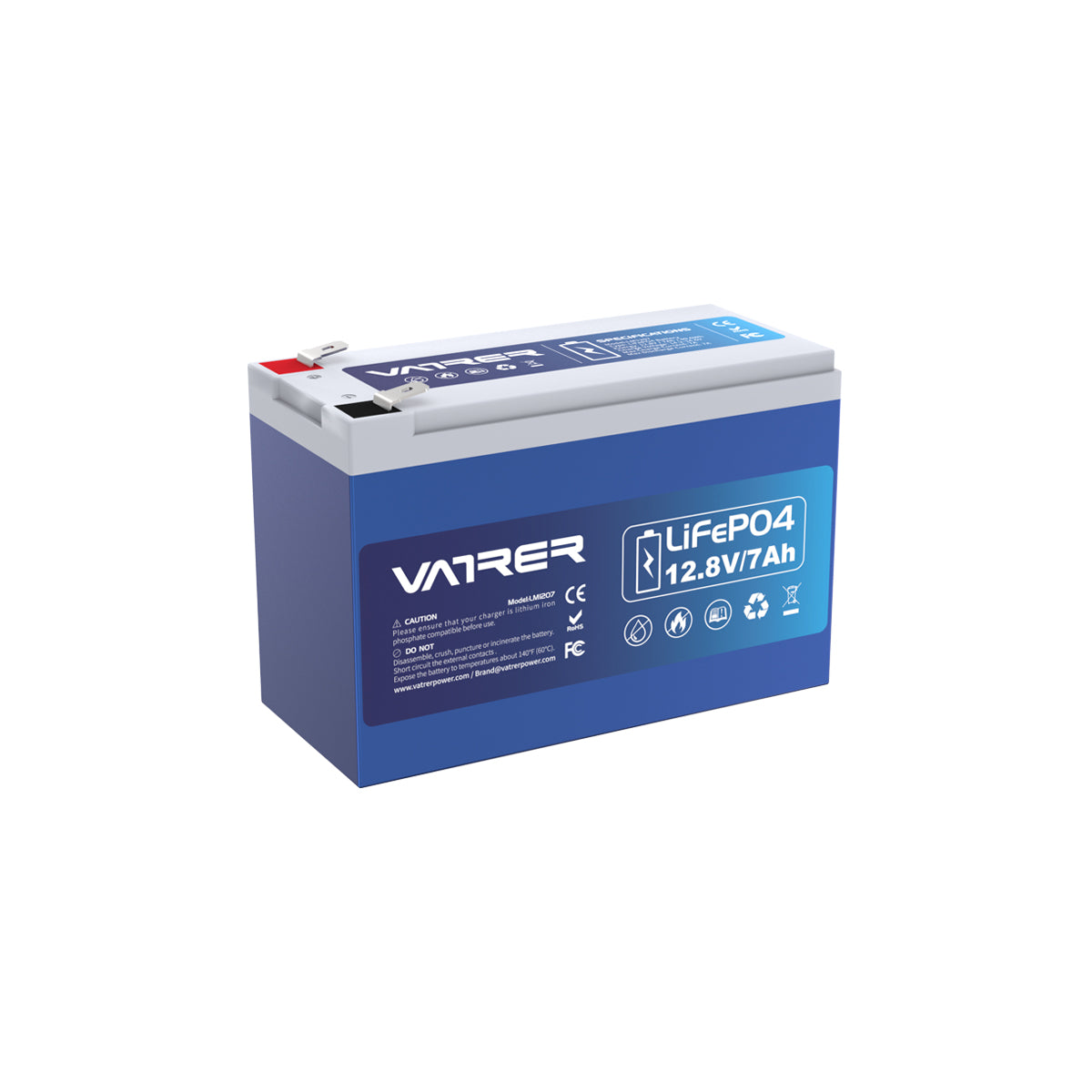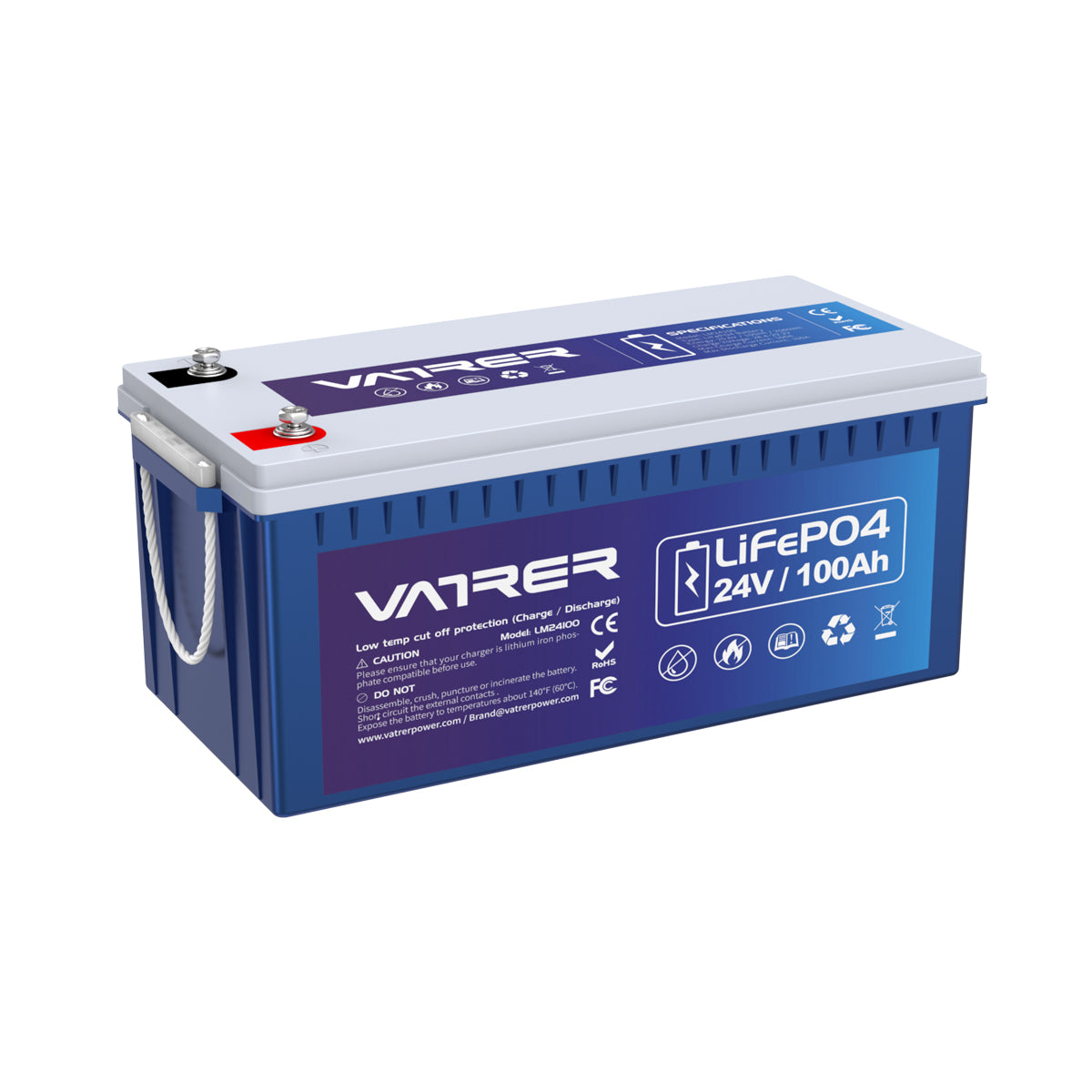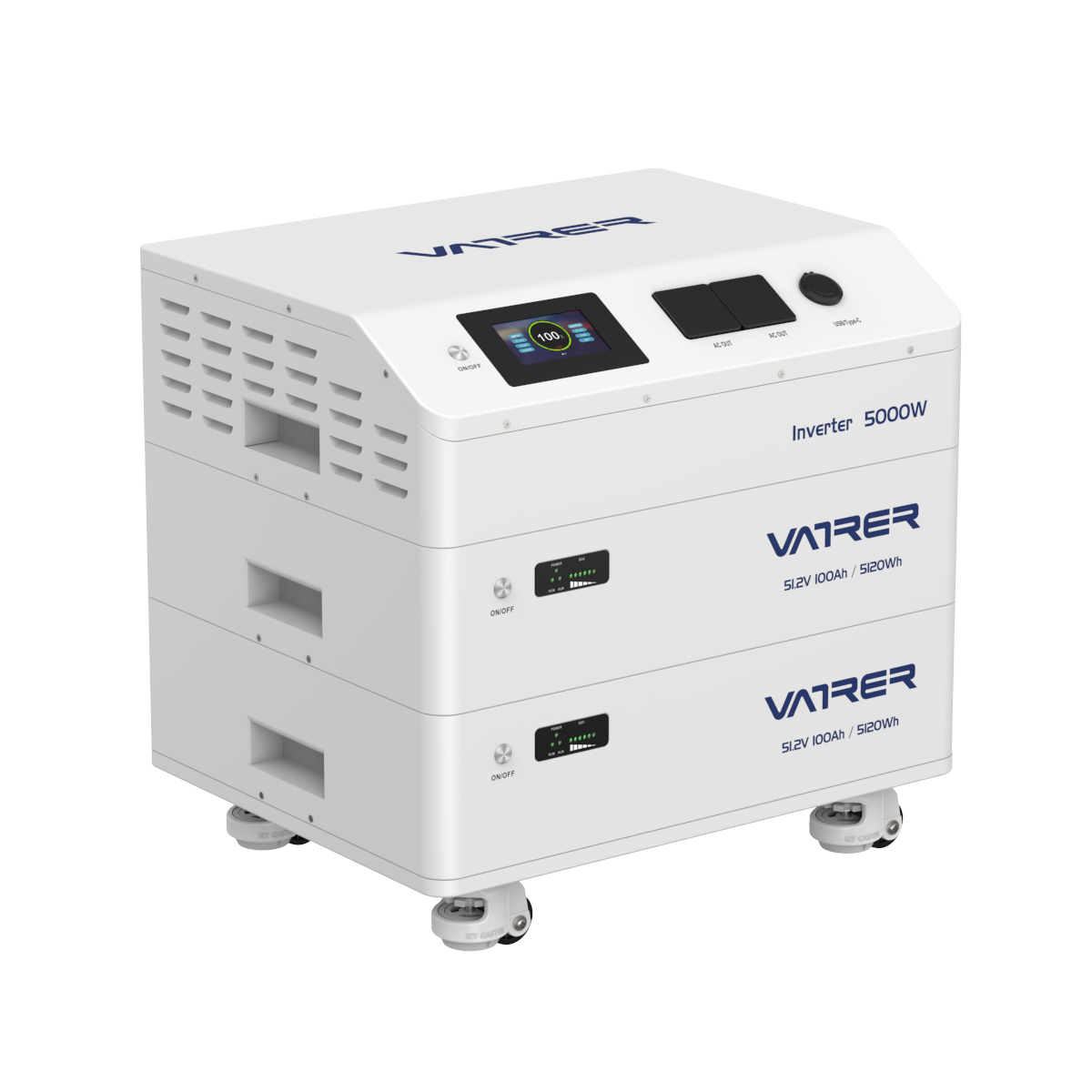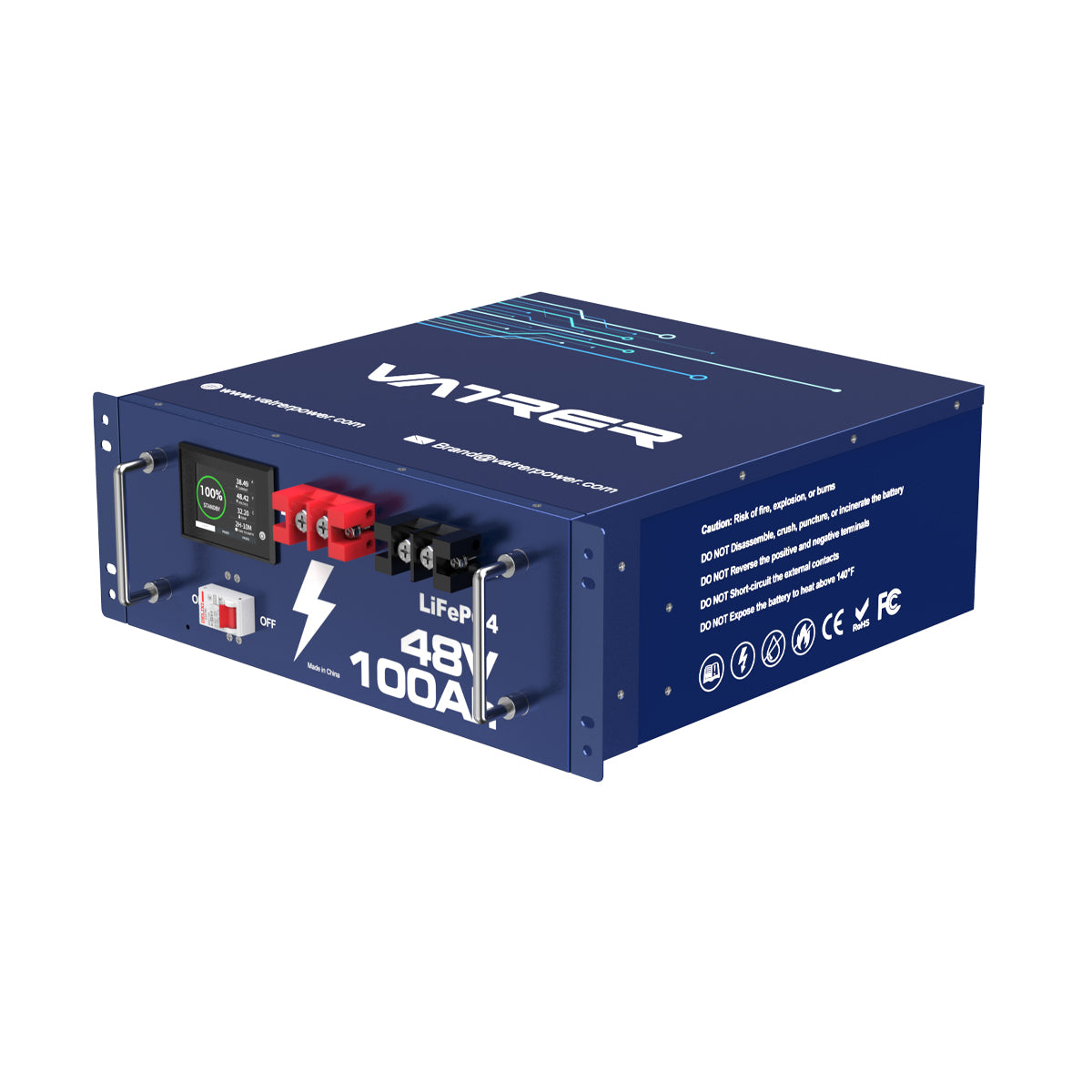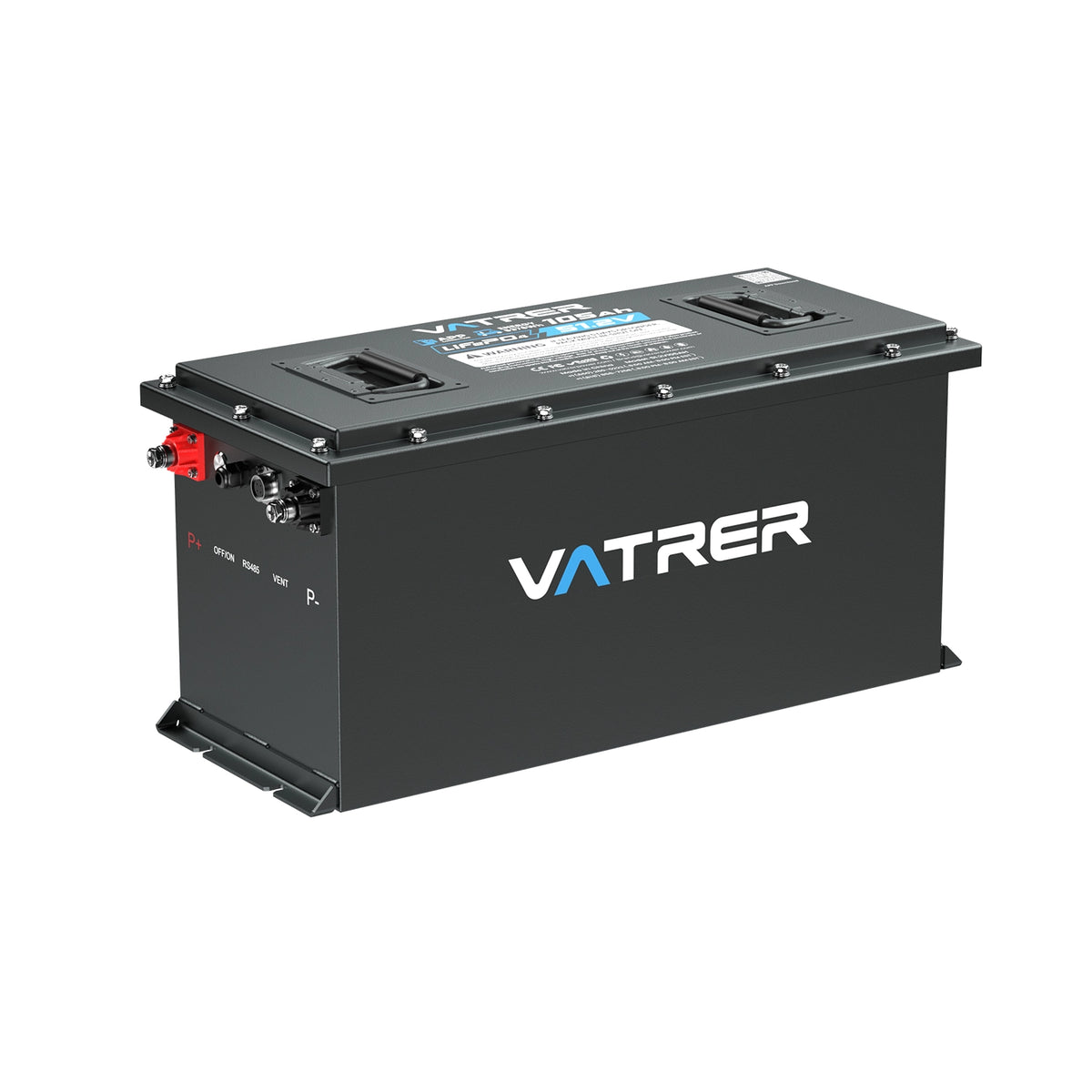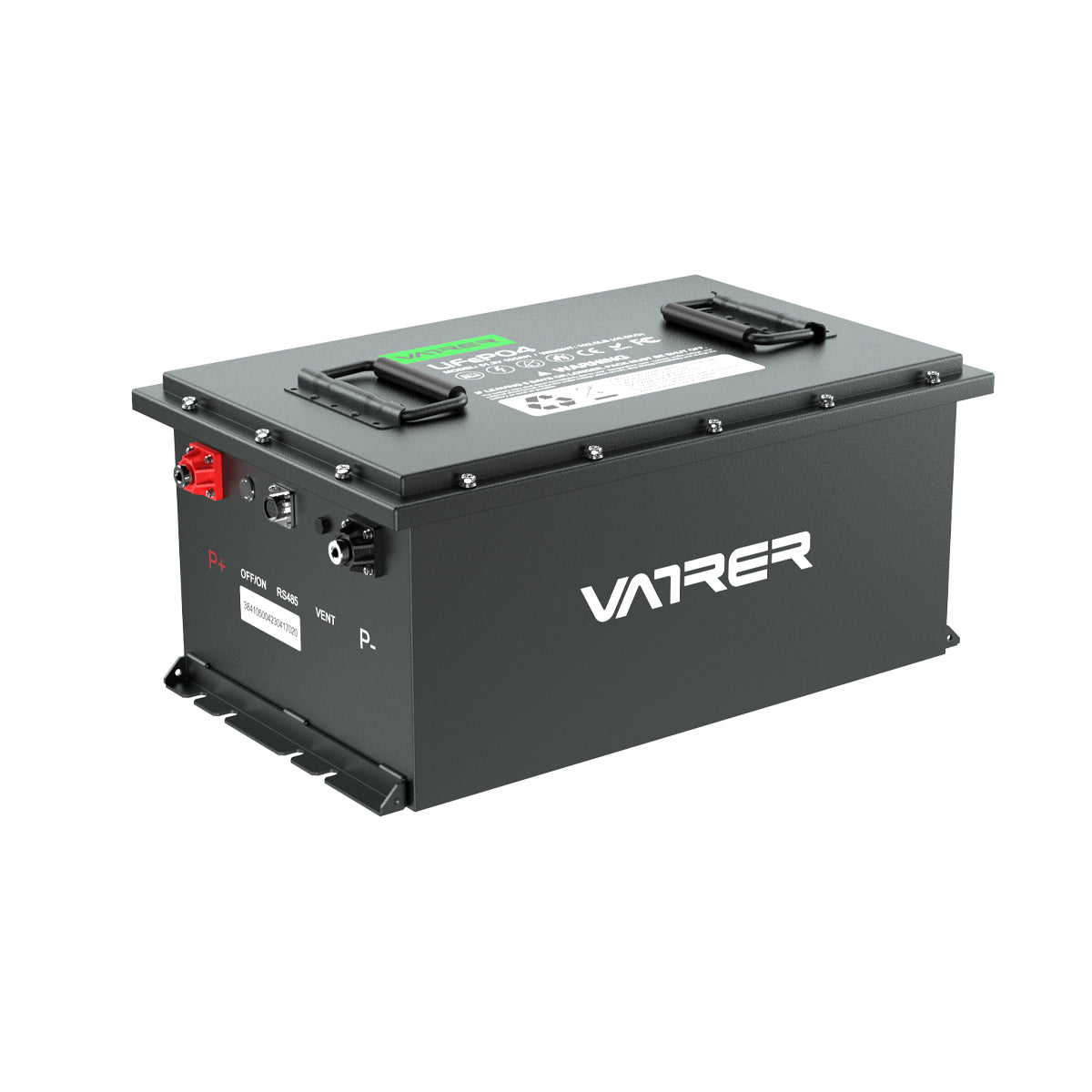Table of Contents
As the popularity of recreational vehicles (RVs) continues to rise, so does the need for efficient and reliable power sources. Lithium RV batteries have emerged as a top choice for RV enthusiasts due to their numerous advantages over traditional lead-acid batteries. This guide will help you understand how to choose the right lithium RV battery and the best practices for charging them.
Why Choose Lithium RV Batteries?
Lithium batteries offer several benefits that make them ideal for RV applications:
1. Longer Lifespan
Lithium RV batteries can last up to 10 years or more, significantly outlasting lead-acid batteries, which typically last around 3-5 years. This longevity translates to lower replacement costs over time.
2. Lightweight Design
Lithium batteries are much lighter than their lead-acid counterparts. This weight reduction can improve the overall efficiency and performance of your RV, allowing for better fuel economy and easier handling.
3. Faster Charging
Lithium batteries charge more quickly than lead-acid batteries, allowing you to spend less time plugged in and more time enjoying your adventures. They can often be charged to 80% in just a few hours.
4. Higher Depth of Discharge (DoD)
Lithium batteries can be discharged to a much lower state without damaging the battery. Most lithium batteries can be safely discharged to 20% or even lower, providing more usable power compared to lead-acid batteries, which should not be discharged below 50%.
Key Factors to Consider When Choosing Lithium RV Batteries
When selecting a lithium RV battery, consider the following factors:
1. Capacity
Battery capacity is measured in amp-hours (Ah) and indicates how much energy the battery can store. Choose a battery with sufficient capacity to meet your power needs during your trips. Consider your appliances' wattage and how long you plan to use them.
2. Voltage
Most RVs operate on 12V systems, but some larger setups may require 24V or 48V systems. Ensure that the lithium battery you choose is compatible with your RV's electrical system.
3. Battery Management System (BMS)
A good lithium battery should come with a built-in Battery Management System (BMS) that protects against overcharging, over-discharging, and short circuits. This feature enhances safety and prolongs battery life.
4. Brand Reputation
Choose a reputable brand known for quality and reliability. Research customer reviews and warranty options to ensure you are making a sound investment.
Best Practices for Charging Lithium RV Batteries
Proper charging is essential for maximizing the performance and lifespan of your lithium RV batteries. Here are some best practices:
1. Use a Compatible Charger
Always use a charger specifically designed for lithium batteries. Using the wrong charger can lead to overcharging and damage the battery.
2. Monitor Charging Levels
Keep an eye on the charging levels and avoid letting the battery drop below 20%. Regularly check the state of charge (SoC) to ensure optimal performance.
3. Charge Regularly
Charge your lithium batteries regularly, especially if you are not using your RV for an extended period. This practice helps maintain battery health and performance.
4. Temperature Considerations
Lithium batteries perform best within a specific temperature range. Avoid charging them in extreme temperatures, as this can affect their efficiency and lifespan. Ideally, charge them in a temperature-controlled environment.
Conclusion: Powering Your RV Adventures
Choosing the right lithium RV battery and understanding how to charge it properly is essential for a successful and enjoyable RV experience. With their long lifespan, lightweight design, and fast charging capabilities, lithium batteries are an excellent investment for any RV enthusiast. By following the guidelines outlined in this guide, you can ensure that your RV is always ready for your next adventure.


